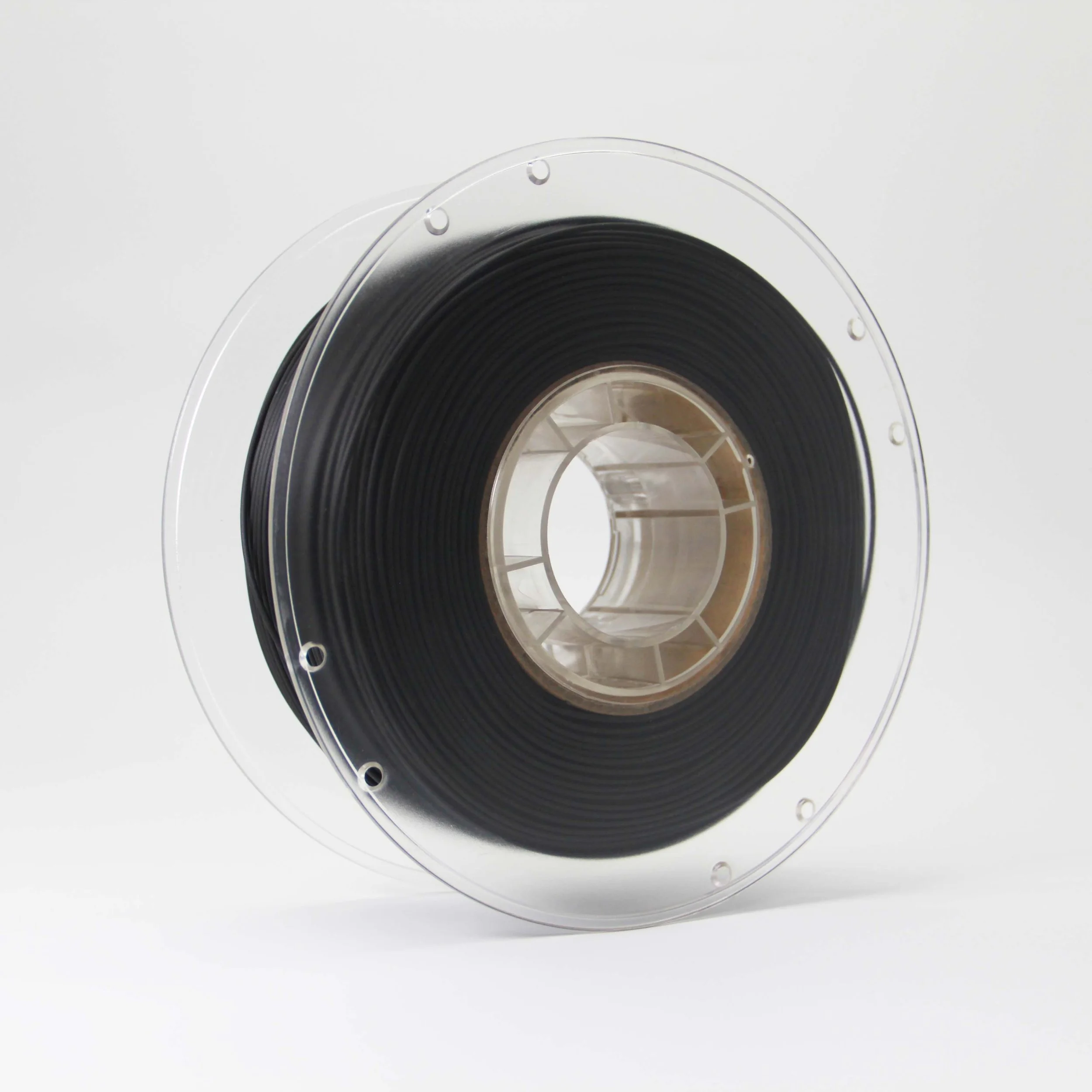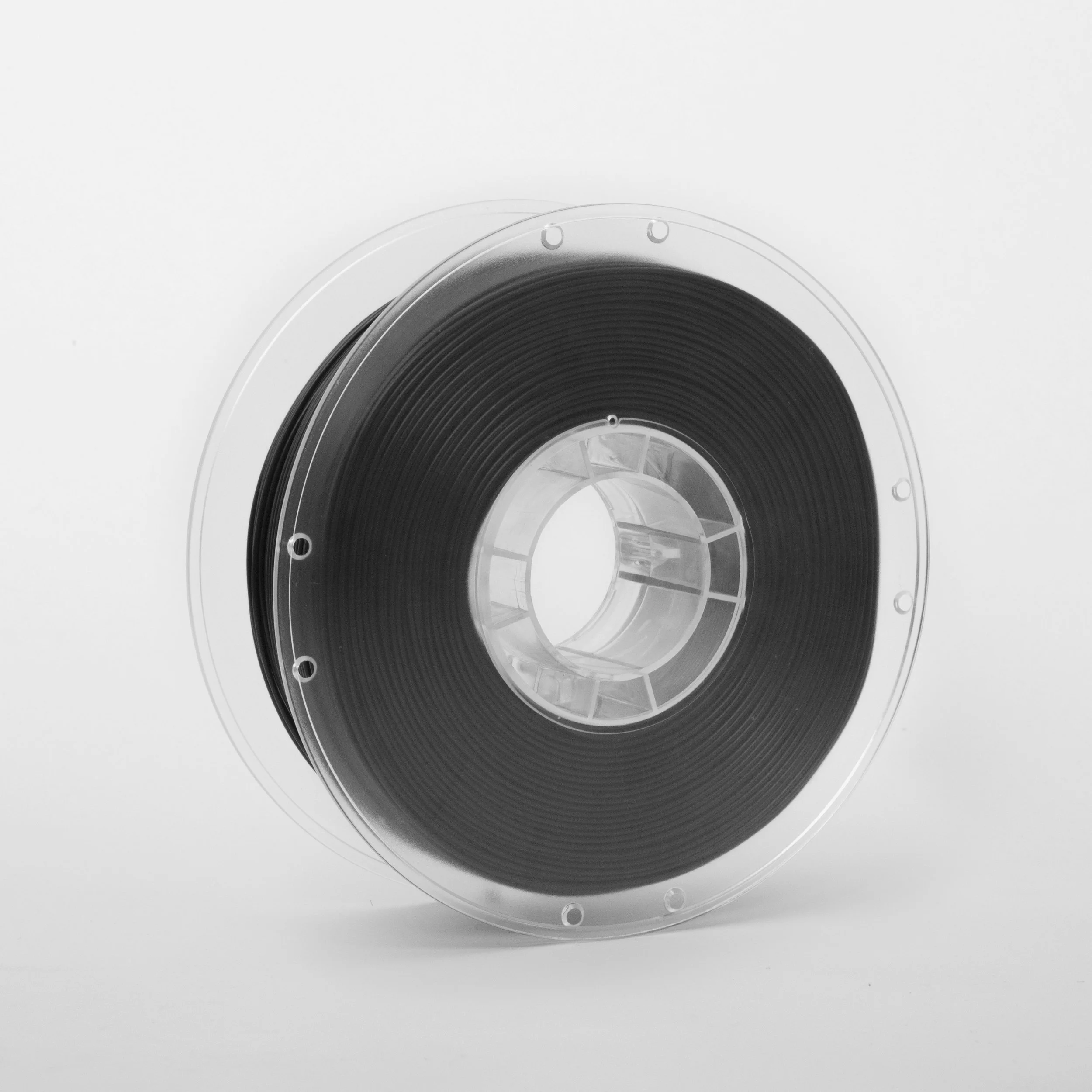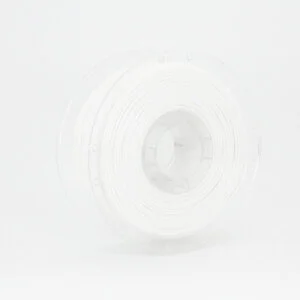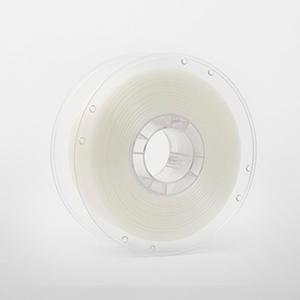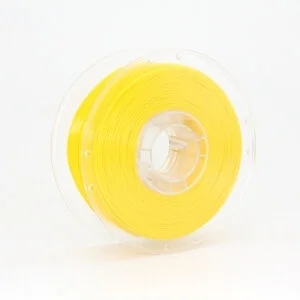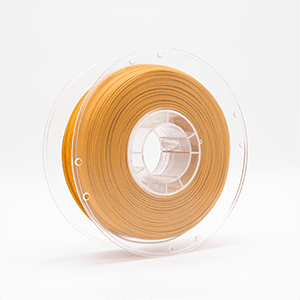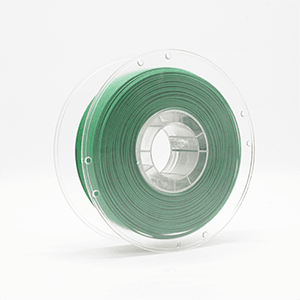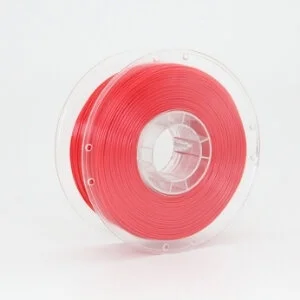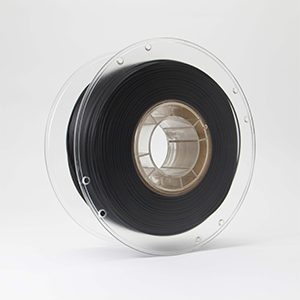PLA Filament
Custom formulated to ensure the easiest printing experience on the market, our PLA is a biopolymer polymer derived from renewable sources such as corn and sugarcane. As a result it’s fully biodegradable and emits no harmful fumes when printing.
PLA’s low shrinkage and uncompromised accuracy allows it to capture detail down to the micron level without compromising on durability. This makes our PLA the perfect choice for when you are after accurate, complex or precise prints with little fuss. Little wonder why it is the go-to filament of choice for beginners and professionals alike.
The perfect choice for rapid prototyping, fit testing, PLA-loss casting, intricate models and educational tools.
Available Colours
Black
Red
White
Orange
Natural
Yellow
Grey
Light Blue
Green
Dark Blue
Purple
Matte Black
| Specific Gravity: | 1.25 g/cm3 |
| Tensile Strength: | 58 Mpa |
| Impact Strength: | 3 KJ/m2 |
| Glass Transition Temperature: | 60°C |
| Surface Finish: | Glossy |
| Transparency: | Opaque |
| Processability: | Medium |
| Spool | Packaging | Weight | Diameter |
| ECO | Reusable Spool | 1000g ± 1% | 2.85mm ± 0.03mm |
| 200 | Single Use Spool | 200g ± 1% | 1.75mm ± 0.03mm |
| 500 | Single Use Spool | 500g ± 1% | |
| ECO | Reusable Spool | 1000g ± 1% | |
| Refill | Filament Refill | 1000g ± 1% | |
| 3000 | Single Use Spool | 3000g ± 1% |
Applications
Detailed models
Educational tools
Architectural mock-ups
Industrial tools, parts and jigs
Mechanical components
End Use Products
Parts intended to be biodegradible
Easy printing
Derived from biodegradible sources using only pure PLA granulate and vibrant pigments, making it one of the easiest printing experiences on the market.
Accurate Prints
Take advantage of one of the most precise filaments available on the market and capture detail down to the micon level for your models and mock ups.
Low Shrinkage
Low warping and shrinking make PLA perfect for printing anything from large 3D printed objects to intricate mechanical parts.
Smooth Surfaces
Save time on post processing as the extra smooth surface results in less time in post processing.
FAQ’s
+ What is the difference between PLA and PLA+?
Our PLA is a filament composed of only pure PLA granulate and pigment. This maximises the biodegradability of the material while still maintaining printability. This results in an easy printing filament that is the go to for most users. For most use cases, PLA is more than sufficient for 3D printed parts that have a predominantly visual purpose such as architectural mock-ups and scale models.
Think of PLA+ as the tougher cousin of regular PLA - 11.25 times tougher to be exact. The addition of a biodegradable toughening agent to our PLA+ blend results in a filament that is:
- Less brittle
- 10x tougher and more impact resistant
- Has a far longer shelf life when compared to PLA *.
This makes for a more durable 3D print and is great if you intend for the model to be used as a functional part.
(*) This doesn't mean that you should leave your PLA+ or PLA out in the elements when not printing. It's still important to practice proper filament care by storing your filament in an airtight container containing some form of desiccant and out of direct sunlight.
For our guide on proper filament care and handling, check out our filament handling guide here.
+ What properties does PLA share with PLA+?
Quite a few:
Printability
PLA+ shares many of the same properties as PLA which make it one of the easiest printing experiences on the market. These include:
- Requiring no heated bed to be printed (although best results will come with printing on a heated bed)
- Shares similar printing temperatures to PLA+.
- Flows evenly and is not prone to stringing and blobbing.
- Easy to sand, cut and drill
- Odorless when printing
Low Shrinkage
Sharing the same low shrinkage behaviour as PLA, PLA+ is great for printing dimensionally accurate models and for fit testing designs before entering full production.
Biodegradability
The addition of a toughening agent that is biodegradable means that our PLA+ retains the same great, eco-friendly properties as our PLA.
Heat and UV resistance
These stay largely unchanged over our standard PLA. The glass transition temperature of PLA+ is a few degrees higher resulting in a slightly higher printing temperature. UV resistance remains the same as our regular PLA.
+ When should I use PLA+ as opposed to PLA for 3D printing?
You need something tougher than PLA
When you are looking to produce a 3D printed part in PLA but require it to resist loads or survive the strains of being a functional model then PLA+ is probably for you. With a elongation at break number of 45%, it is 11.25 times tougher than our regular PLA and will flex before snapping. If you're printing models largely for aesthetic and non-functional purposes, PLA may be more applicable.
- You're after a different material to print in
PLA has long been the most ubiquitous 3D printing material choice for beginners for good reason. It's ease of printing and forgiving nature means that most users usually print everything in PLA until they are ready to move on to a different material.
Printing in a new material and wrapping your head around all the changes in print settings that one has to account for can be a daunting prospect at first. PLA+ provides a great steppingstone for beginners before they move onto more exotic materials.
+ What print settings for printing PLA do you recommend?
A nozzle temperature of 200°C and a bed temperature of 60°C is a great place to start.
Downloads
PLA Filament Printing Guide
Spending hours “dialling in” your slicer settings for the perfect print? Skip the guesswork with our FREE PLA 3D Printing guide.
Save time with advanced printing tips
Save filament and money with fewer failed prints
Gain the confidence to print larger and more complex models




















